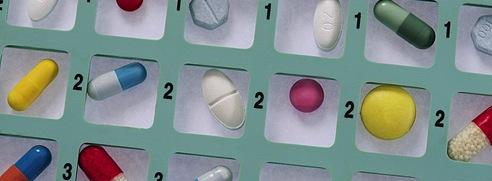

Managing chronic illness is not just about properly utilizing the healthcare options available to you, but perhaps more importantly, making the healthy choice and following prescribed medical advice. According to the World Health Organization, in developed countries only half of people who suffer from chronic diseases adhere to treatment recommendations. Adherence is a primary determinant of healthy outcomes, yet three out of four Americans report that they don’t always take their medicines as directed.
Medication nonadherence is a costly problem with significant impact on the U.S. healthcare system, costing between $100 billion and $289 billion annually. Further, among the Medicare and Medicaid populations, between 33 and 67 percent of medication-related hospital admissions are linked to poor adherence. Those avoidable days in the hospital for beneficiaries adds up to an estimated $300 billion a year in costs for taxpayers.
Due to high healthcare costs, over half of Americans (58%) have forgone certain types of medical care – harming their ability to effectively treat their chronic health problems. But small changes can result in large cost savings when it comes to healthier choices and better health. For example, improved adherence to diabetes medication could avert 699,000 emergency department visits and 341,000 hospitalizations annually, for a saving of $4.7 billion.
The National Council on Patient Information and Education (NCPIE) has released a ten-step Adherence Action Agenda that details ten new priorities for taking action to improve medication adherence.
There are many sustainable solutions available that can both lower costs and improve health outcomes for millions of Americans. Chronic disease doesn’t need to be a drain on the healthcare system, and steps we take every day can make an enormous difference.
(medication adherence / shutterstock)